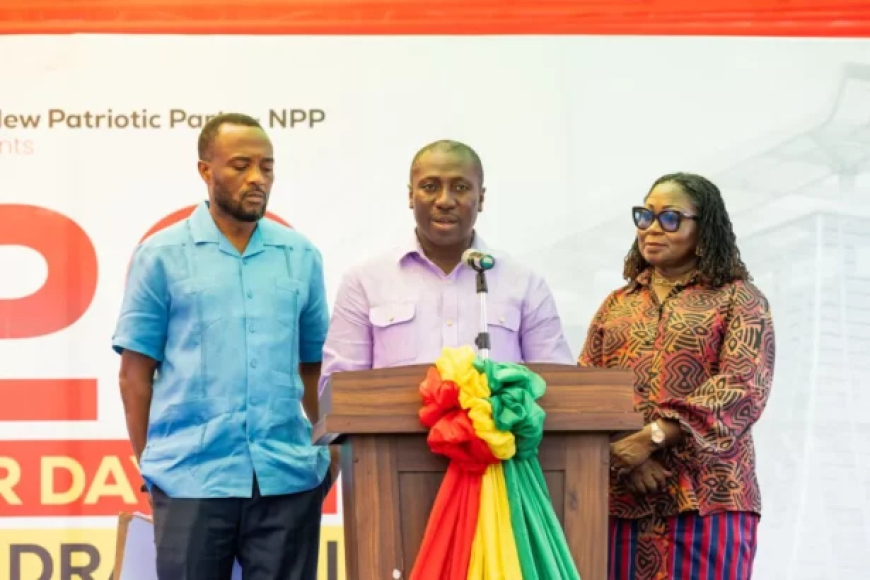Mahama’s ‘120 Bitter Days’: Job Cuts, Military Purge, Energy Crisis – Minority Criticizes NDC Flagbearer’s Past Governance
The Minority in Parliament has launched a scathing critique of former President John Dramani Mahama, referring to the early months of his past administration as "120 bitter days" marked by job losses, energy crises, and alleged military restructuring.

The Minority Caucus in Parliament has reignited political debate over the leadership credentials of former President John Dramani Mahama, describing the first 120 days of his previous administration as a period of hardship and national instability.
In a recent press briefing, the group referred to the period as “120 bitter days”, citing what they termed “harsh economic realities” and “questionable governance decisions” under Mahama’s tenure. With Ghana heading toward crucial 2024 general elections, the statement is seen as part of ongoing efforts to shape public perception of Mahama’s record.
According to the Minority, key areas of concern during the first four months of Mahama’s presidency included:
-
Massive job cuts across the public sector, particularly in state-owned enterprises, which they argue contributed to long-term unemployment and weakened institutional capacity.
-
A controversial military reshuffle, which allegedly saw the retirement or reassignment of several top-ranking officers under unclear circumstances, raising concerns over politicization of the security sector.
-
The reemergence of the ‘Dumsor’ energy crisis, which disrupted businesses, increased production costs, and led to public frustration during his administration.
“Those first 120 days set the tone for an administration that was reactive, not proactive. Jobs were lost, institutions were shaken, and the average Ghanaian suffered,” said a spokesperson for the Minority.
They added that the NDC flagbearer’s recent promises on governance reform and economic recovery contrast sharply with his previous record, warning voters not to be swayed by political rebranding.
In response, sources within the National Democratic Congress (NDC) have dismissed the claims as politically motivated attacks, noting that Mahama inherited deep economic challenges and worked to stabilize the country in difficult times. They also cited efforts made under his administration to improve infrastructure, education, and healthcare.
As Ghana’s political climate heats up ahead of the polls, such narratives are expected to dominate both party platforms and public discourse. For many voters, the debate will hinge not only on past governance but on the credibility of future promises.
What's Your Reaction?




















































































